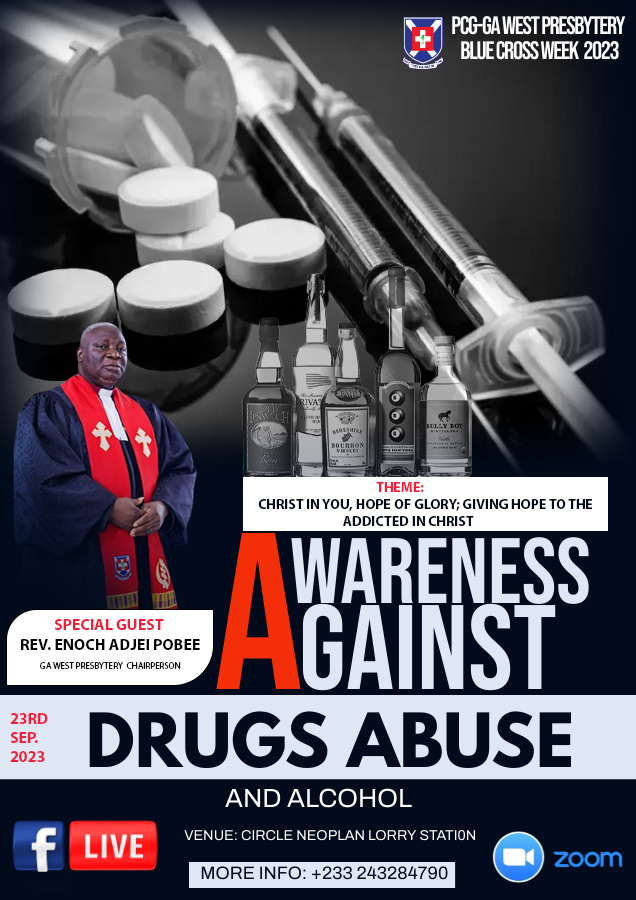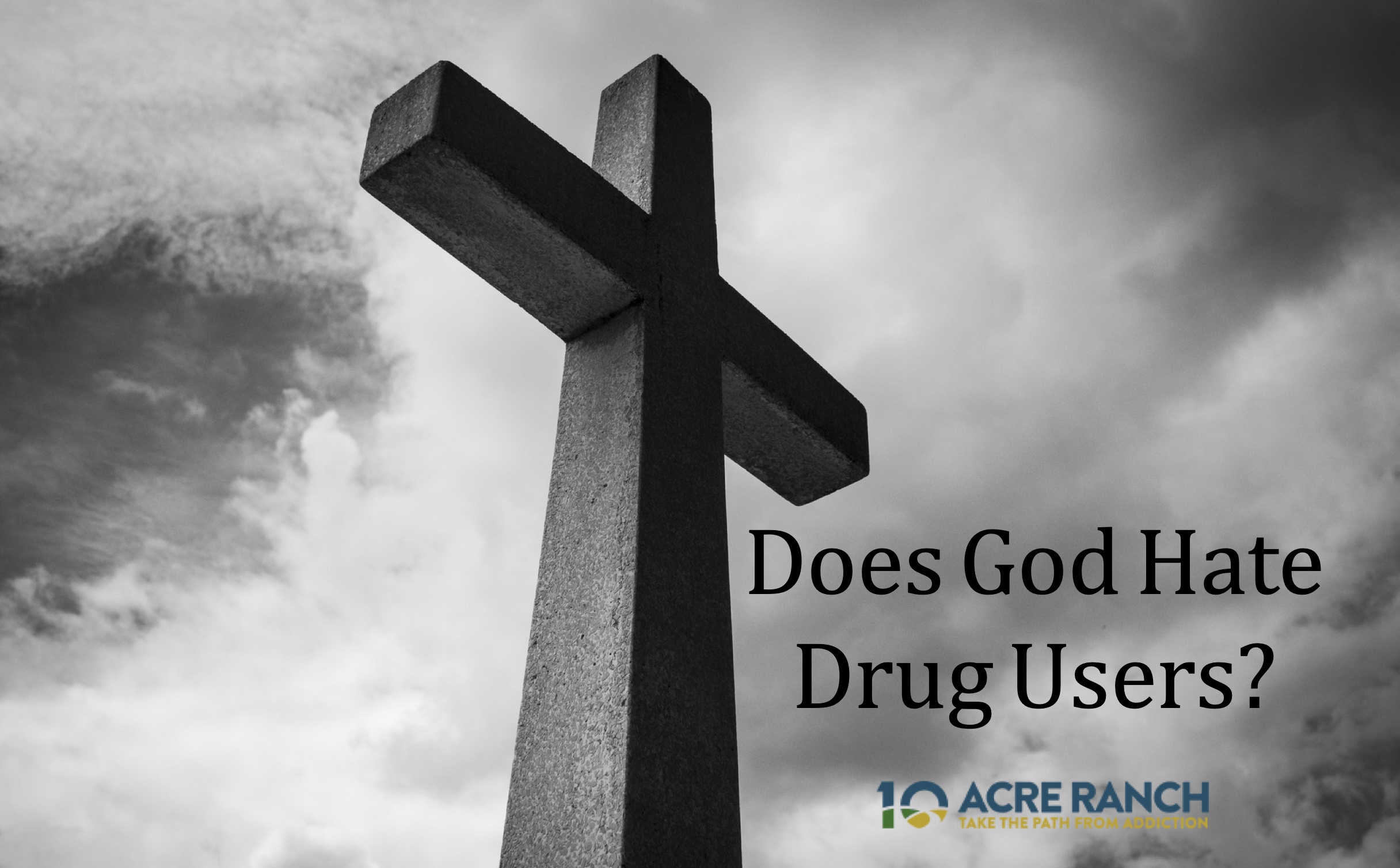
THEME: PERSISTING TO THE END
Scripture Reading
1st Scripture Reading - Exodus
17:1-7,
2nd Scripture Reading - Philippians
2:1-13,
3rd Scripture Reading - Matthew
21:23-32
As we observed Worldwide Communion
today let us educate ourselves on what exactly Worldwide Communion is
Worldwide Communion, also known as
Holy Communion or the Eucharist, is a central religious practice in
Christianity where believers partake in bread and wine (or grape juice) as
symbols of the body and blood of Jesus Christ. It is observed by various
Christian denominations around the world. Here are some key points and relevant
Bible texts:
Significance: Worldwide Communion commemorates
the Last Supper, the final meal Jesus shared with his disciples before his
crucifixion.
Scriptural Basis: The foundation for Communion can be
found in several passages in the Bible:
Matthew 26:26-28: "While they were eating, Jesus
took bread, and when he had given thanks, he broke it and gave it to his
disciples, saying, 'Take and eat; this is my body.' Then he took a cup, and
when he had given thanks, he gave it to them, saying, 'Drink from it, all of
you. This is my blood of the covenant, which is poured out for many for the
forgiveness of sins.'"
1 Corinthians 11:23-26: "For I received from the Lord
what I also passed on to you: The Lord Jesus, on the night he was betrayed,
took bread, and when he had given thanks, he broke it and said, 'This is my
body, which is for you; do this in remembrance of me.' In the same way, after
supper, he took the cup, saying, 'This cup is the new covenant in my blood; do
this, whenever you drink it, in remembrance of me.'"
Unity: Worldwide Communion serves as a
unifying practice for Christians, emphasizing their common faith in Christ's
sacrifice.
Variation: The way Communion is observed can
vary among denominations. Some see the bread and wine as symbolic, while others
believe in the literal transformation into the body and blood of Christ
(transubstantiation).
Frequency: The frequency of Communion also
varies, with some churches celebrating it weekly, monthly, or on special
occasions.
In summary, Worldwide Communion is a
sacred practice in Christianity, rooted in the Last Supper of Jesus and
symbolizing the sacrifice he made for the forgiveness of sins. Its specific
practices and theological interpretations can vary among Christian
denominations.
INTRODUCTION:
PEACE BE WITH YOU, Beloved, Good
morning, we welcome ourselves to another Spirit Filled Service, dear brothers
and sisters in Christ. Today, we gather to explore a theme deeply woven into
the fabric of our faith: persisting to the end. We will draw wisdom from three
passages from the Bible - Exodus 17:1-7, Philippians 2:1-13, and Matthew
21:23-32. As we reflect on these scriptures, let us consider how they
illuminate the path of perseverance in our Christian journey.

I. The Struggle for Perseverance
(Exodus 17:1-7):
In Exodus 17:1-7, we encounter the
Israelites in the wilderness, thirsty and weary, facing the daunting challenge
of water scarcity. Their journey was filled with trials and tribulations, yet
they persevered. From this passage, we learn:
A. Perseverance Amidst Trials:
Just as the Israelites faced the wilderness,
we, too, encounter trials in our faith journey.
Despite the hardships, we must
persist, for God's provision often comes after we have exhausted our own
strength.
B. Trusting in God's Faithfulness:
The rock that provided water for the Israelites
symbolizes God's faithfulness.
In our struggles, we must trust in
God's unwavering promise to sustain us.
II. The Example of Christ
(Philippians 2:1-13):
In Philippians 2:1-13, the Apostle
Paul points us to the ultimate example of perseverance - Jesus Christ. He left
His heavenly glory to become a servant and even endured the cross. From this
passage, we learn:

A. The Humility of Christ:
Jesus' humility in His earthly life
teaches us to put others before ourselves.
Perseverance often requires humbling
ourselves for the sake of God's will.
B. God's Empowering Grace:
God works in us, both to will and to
act according to His good purpose.
Through His grace, we find the
strength to persist in our Christian walk.
III. The Parable of the Two Sons
(Matthew 21:23-32):
In Matthew 21:23-32, Jesus tells the
parable of the two sons—one who initially refused but later obeyed and another
who professed obedience but did not follow through. This parable reminds us:
A. Actions Speak Louder:
Mere words and intentions are
insufficient; genuine persistence is displayed through actions.
Our faithfulness to God's call is
seen in our obedience and deeds.
B. Repentance and Transformation:
The son who initially refused
repented and obeyed. His transformation illustrates the power of genuine
repentance.
Persisting to the end often involves
a process of inner change and growth.
Conclusion:
As we reflect on Exodus 17:1-7,
Philippians 2:1-13, and Matthew 21:23-32, we are reminded that persisting to
the end is not an easy path, but it is a path filled with divine grace,
humility, and transformation. Just as the Israelites persevered through the
wilderness, as Christ humbled Himself for our sake, and as the repentant son
obeyed, let us too be encouraged to persist in our Christian journey. May we
trust in God's faithfulness, rely on His empowering grace, and let our actions
reflect our unwavering commitment to follow Christ to the end. In doing so, we
find the strength to persevere and the promise of eternal life in Him.
Amen.
Let’s pray



